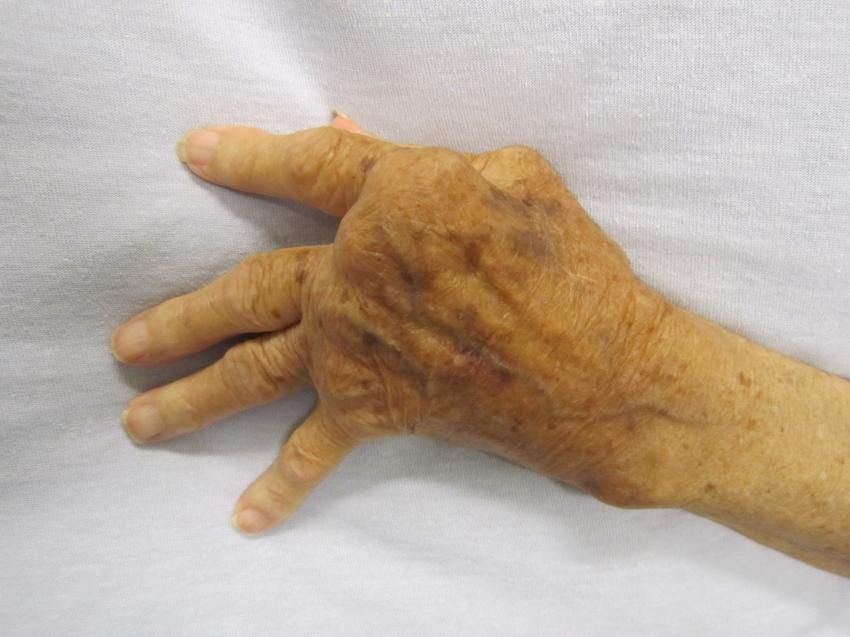Newly identified subsets of cell types present in joint tissue in people with rheumatoid arthritis and how they interact may explain why only some people respond to existing medications, according to two studies by co-senior author Laura Donlin, Ph.D., Co-Director of the Derfner Foundation Precision Medicine Laboratory at Hospital for Special Surgery (HSS) and collaborating colleagues. The findings suggest exciting new targets for developing precision medicine strategies in the future.
Rheumatoid arthritis (RA) is an autoimmune disease that affects the joints. The immune system mistakenly perceives joint tissue as a harmful invader, like a bacteria or virus, and attacks it, causing inflammation, pain and swelling. RA affects an estimated 1.3 million Americans, about 1% of the population. Critical unmet needs in RA treatment are medications that effectively treat all people with RA, especially those who do not respond to disease-modifying antirheumatic drugs (DMARDs) or biologics.
RA involves a complex interplay between many different types of cells—including T cells, B cells, monocytes and fibroblasts—but the specific subtypes that drive disease progression are largely undefined. Understanding these cell types more precisely may hold valuable information in developing new treatments.
